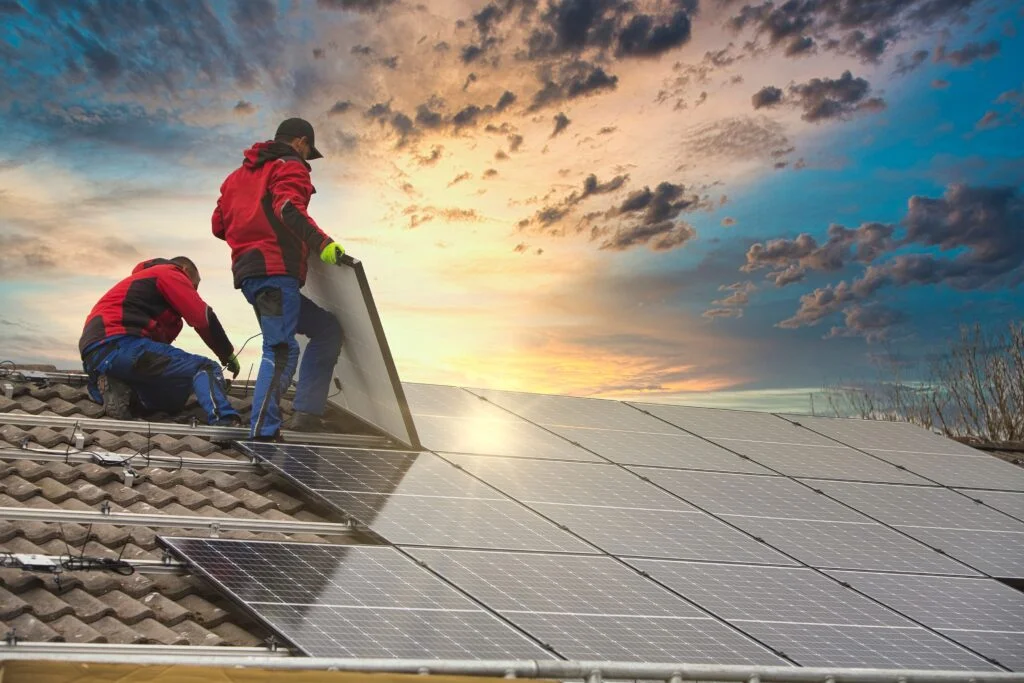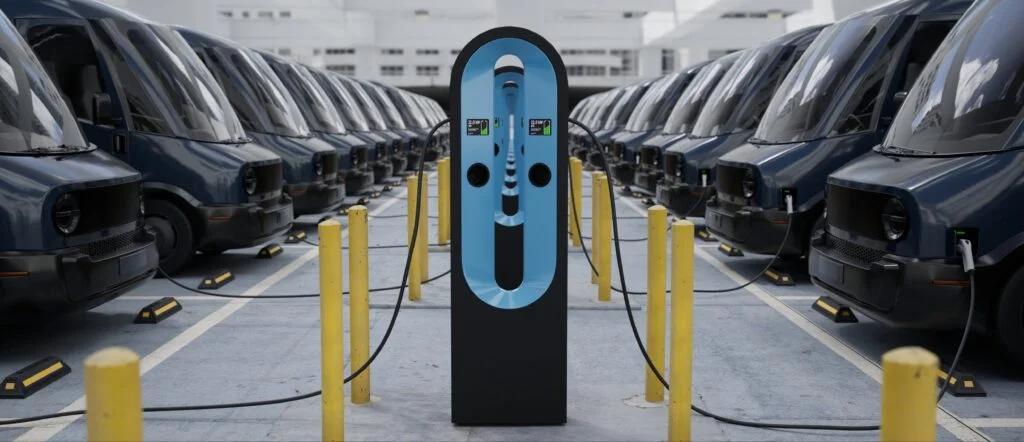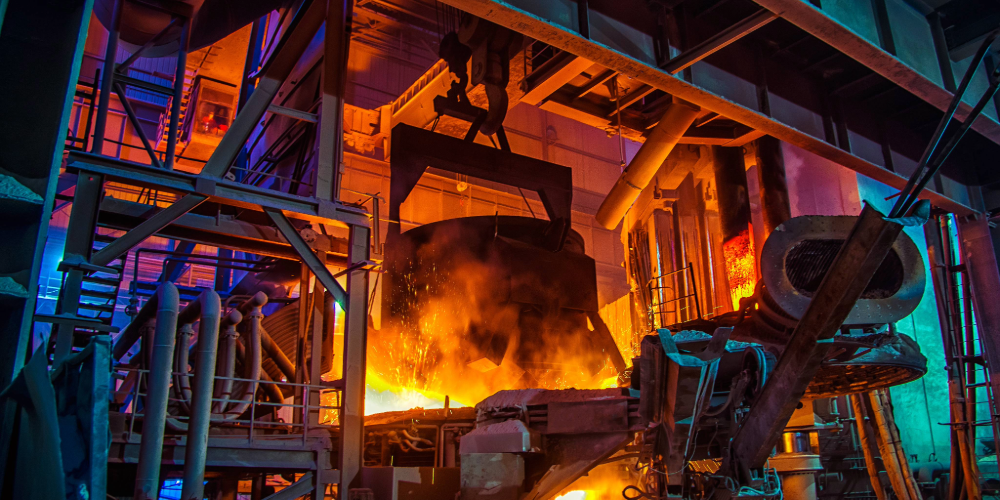
Unlocking the Potential of Consumer Energy Resources
The AEMC partnered with Energeia to explore how flexible Consumer Energy Resources (CER), like solar, batteries, electric vehicles, and smart appliances, can reduce costs and
Energeia’s consulting services were engaged by a confidential state government department (the Department) to analyse the Department’s existing Zero Emissions Vehicle (ZEV) incentive and provide analysis on the impact of new incentive designs. The Department is responsible for incentivising consumer behaviour to meet the state decarbonisation targets. Purchase rebates are one such opportunity to lower barriers to the uptake of ZEVs. The long term aims of incentivising ZEV uptake include lowering overall vehicle costs, improving air quality, and enhancing community wellbeing.
The Department’s goal for this project was to determine the efficacy of the existing state government-implemented ZEV rebate program in driving new vehicle sales. In addition to this primary goal, the opportunity to target rebates by vehicle price and household income to unlock additional sales of ZEVs was explored.
The Department contracted Energeia to conduct data analysis to show the impact of an upfront rebate on ZEV sales and its impact on historic and future ZEV sales. The analysis of future policy considered the design of a targeted strategy to lower ZEV upfront cost barriers to specific consumer groups. Potential rebates included targeting based on vehicle purchase prices, household income, and an urban vs. regional consumer location.
Energeia developed a bespoke modelling tool that included analysis of the price elasticity of EV demand to determine the sensitivity of vehicle sales to a relative price change. This analysis was used to inform the difference in subsidy uptake in relation to the original vehicle purchase price.
Energeia’s modelling provided insight to the Department on the level of additional vehicle sales driven by the existing policy and allowed for greater planning visibility on the outcome of future policies within the scope outlined above, which included varied household income, resident location, and vehicle price eligibility. Energeia additionally provided a configurable Excel-based tool that the Department can use to support the design of future upfront ZEV rebates.
For more detailed information regarding customer incentive design and the key challenges facing EV uptake, please see Energeia’s webinar and associated materials.
For more information or to discuss your specific needs regarding EV data forecasting and modelling, please request a meeting with someone from our team.

The AEMC partnered with Energeia to explore how flexible Consumer Energy Resources (CER), like solar, batteries, electric vehicles, and smart appliances, can reduce costs and

Energy Queensland collaborated with Energeia to address financial barriers in EV charging infrastructure, focusing on high network tariffs and demand charges. The study evaluated alternative

Examining hard-to-abate sector’s specific CO2 generation activities, fuel inputs, and viable decarbonization options, including electrification, is required to provide an accurate outlook on this critical
Sydney Office
Energeia Pty Ltd
WeWork
L1, 1 Sussex St
Barangaroo NSW 2000
Phone: +61 (0)2 8097 0070
ABN: 15 134 783 412
consulting@energeia.com.au
US Office
Mansion Square
Suite 380, 132 E Street
Davis, CA 95616
Phone: +1 (530) 302-3861
Fax: +1 (530) 419-2572
USA@energeia-usa.com
energeia-usa.com
